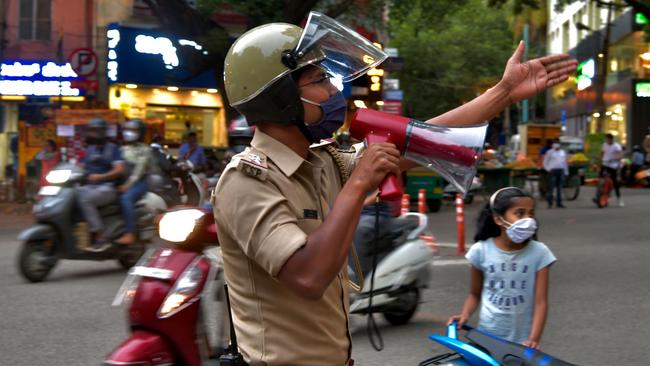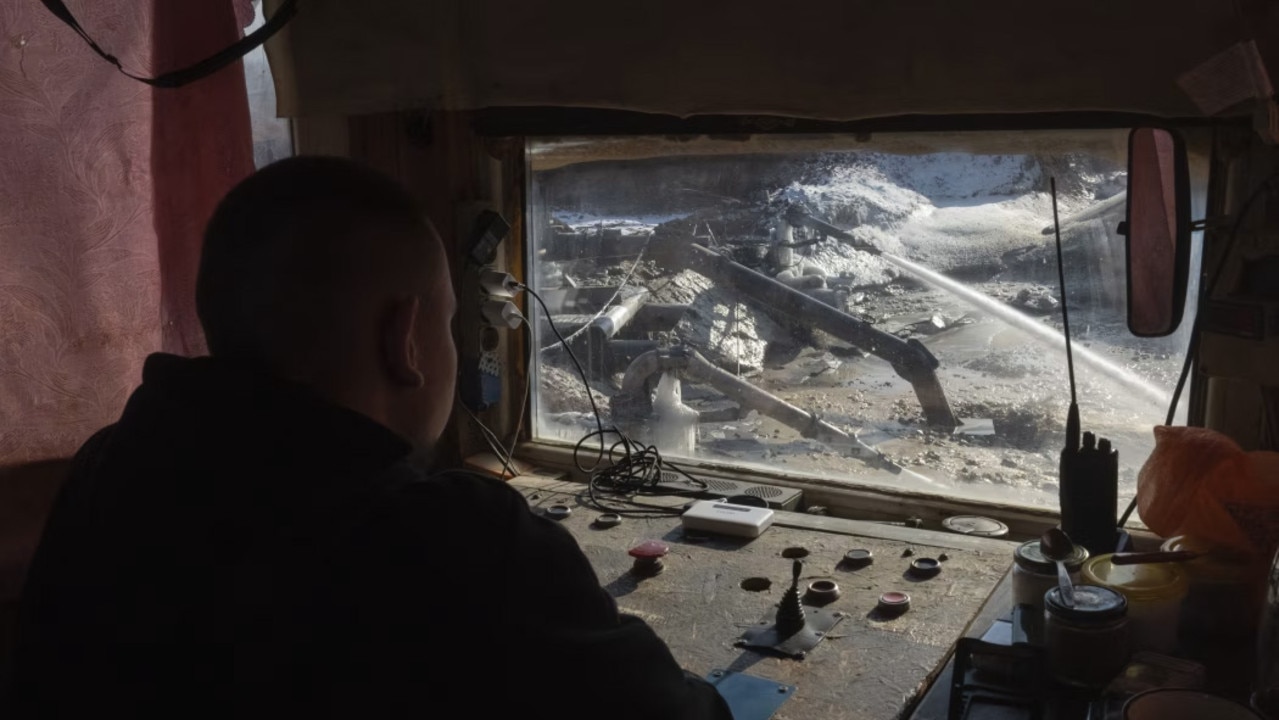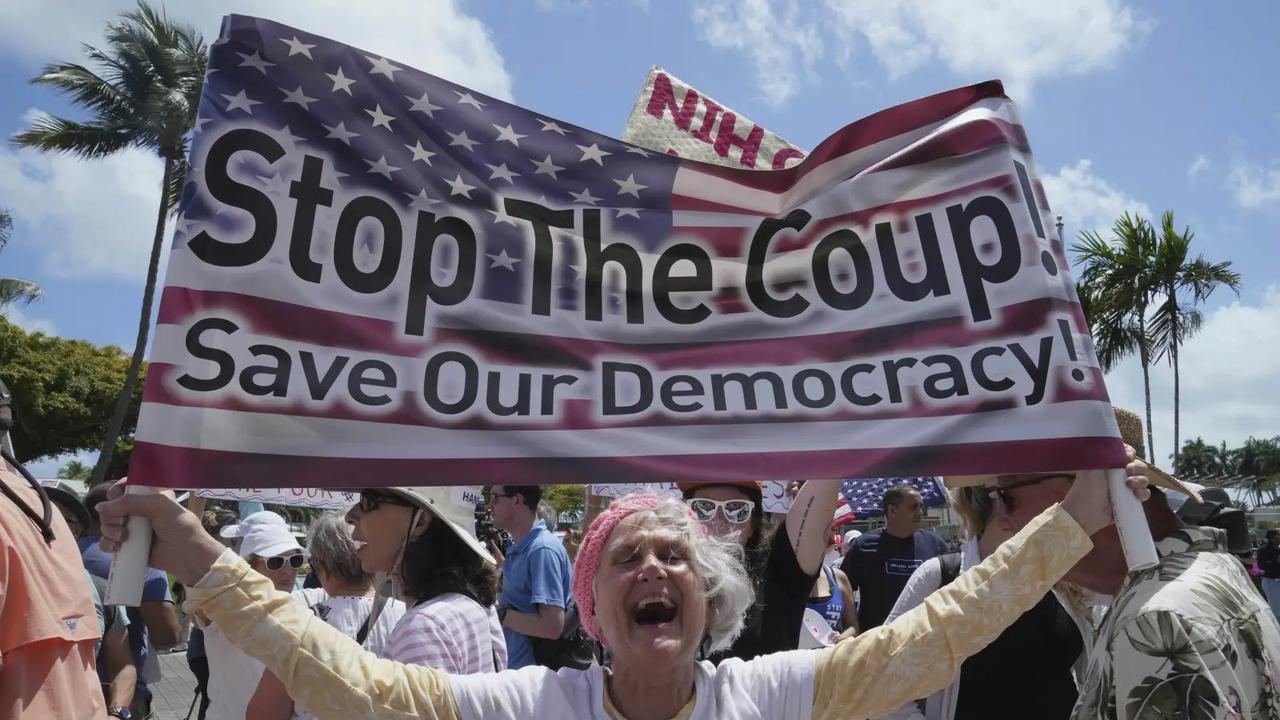COVID-19 vaccine nearer after success in human trials
A US firm says it will soon start final-stage human trials for a possible COVID-19 vaccine, as millions of people across the world returned to lockdowns.

A US firm says it will soon start final-stage human trials for a possible COVID-19 vaccine, as millions of people across the world returned to lockdowns.
Massachusetts-based Moderna will begin the trials later this month after promising early results showed the first 45 participants all developed antibodies to the virus.
The company said the most important step toward a vaccine would focus on a 30,000-person study to prove if the shots were strong enough to protect against the coronavirus.
“No matter how you slice this, this is good news,” top US infectious disease expert Anthony Fauci said.
There were no serious side effects in the initial tests. But more than half the study participants reported flu-like reactions to the shots that aren’t uncommon with other vaccines: fatigue, headache, chills, fever and pain at the injection site. For three participants given the highest dose, those reactions were more severe; that dose isn’t being pursued.
With countries and cities across the globe reimposing restrictions in the face of new outbreaks of the disease, infections in India have continued to soar.
The country of 1.3 billion people had been easing its lockdown to lessen the economic impact, but more than 24,300 Indian deaths have now been recorded, according to health ministry figures that many experts say underplay the severity of the situation.
Bangalore, home to more than 13 million people, has emerged as a new global hotspot.
Firms in the city’s lifeblood IT sector handling the back-office operations of dozens of global corporations can continue operating, but with only half the staff allowed on premises. Transport is banned except for emergencies, and only shops selling essential items are allowed to open.
Since the start of July, nearly 2.5 million new infections have been registered across the globe, with the number of cases doubling over the past six weeks.
The pandemic, which has killed almost 580,000 people since January, has hit the US hardest, with 136,470 deaths. Brazil has the next worst toll of 74,100, then Britain with 45,000, Mexico with 36,300 and Italy with 35,000.
Face masks will become compulsory in British shops and supermarkets from next week. Masks have been mandatory on public transport across the country since June 15, and Scotland has already made the coverings compulsory for shoppers.
After overseeing drastically downscaled Bastille Day celebrations in Paris, French President Emmanuel Macron also said he would like to make masks mandatory in enclosed public spaces. “We have indications that (the outbreak) is accelerating a bit,” he said. Mr Macron’s comments come as doctors warned of a potential second wave of infections, which could again overwhelm hospitals and require new lockdowns that could further hammer the economy.
But Disneyland Paris began a phased reopening on Wednesday, with visitor numbers limited via a new online reservation system to ensure social distancing.
In the US, the hard-hit state of Florida posted a record number of deaths for a 24-hour period at 132. Nationwide, more than 63,262 new infections and 850 deaths were recorded in the previous 24 hours.
The bruising economic impact of the pandemic was stark in Singapore, where the economy shrank more than 40 per cent in the second quarter, plunging the Southeast Asian financial and trading hub into recession for the first time in a decade.
The worse-than-expected figures will ring alarm bells for other economies reliant on trade.
Britain also saw its economy shrink by nearly a fifth in the three months to May compared with the previous quarter as the lockdown crippled activity.
Thailand suspended all inbound flights after an Egyptian soldier skipped self-quarantine and visited a shopping mall before testing positive for the virus. Authorities are now scrambling to trace about 1700 people at the mall and the surrounding area.
AFP, AP



To join the conversation, please log in. Don't have an account? Register
Join the conversation, you are commenting as Logout